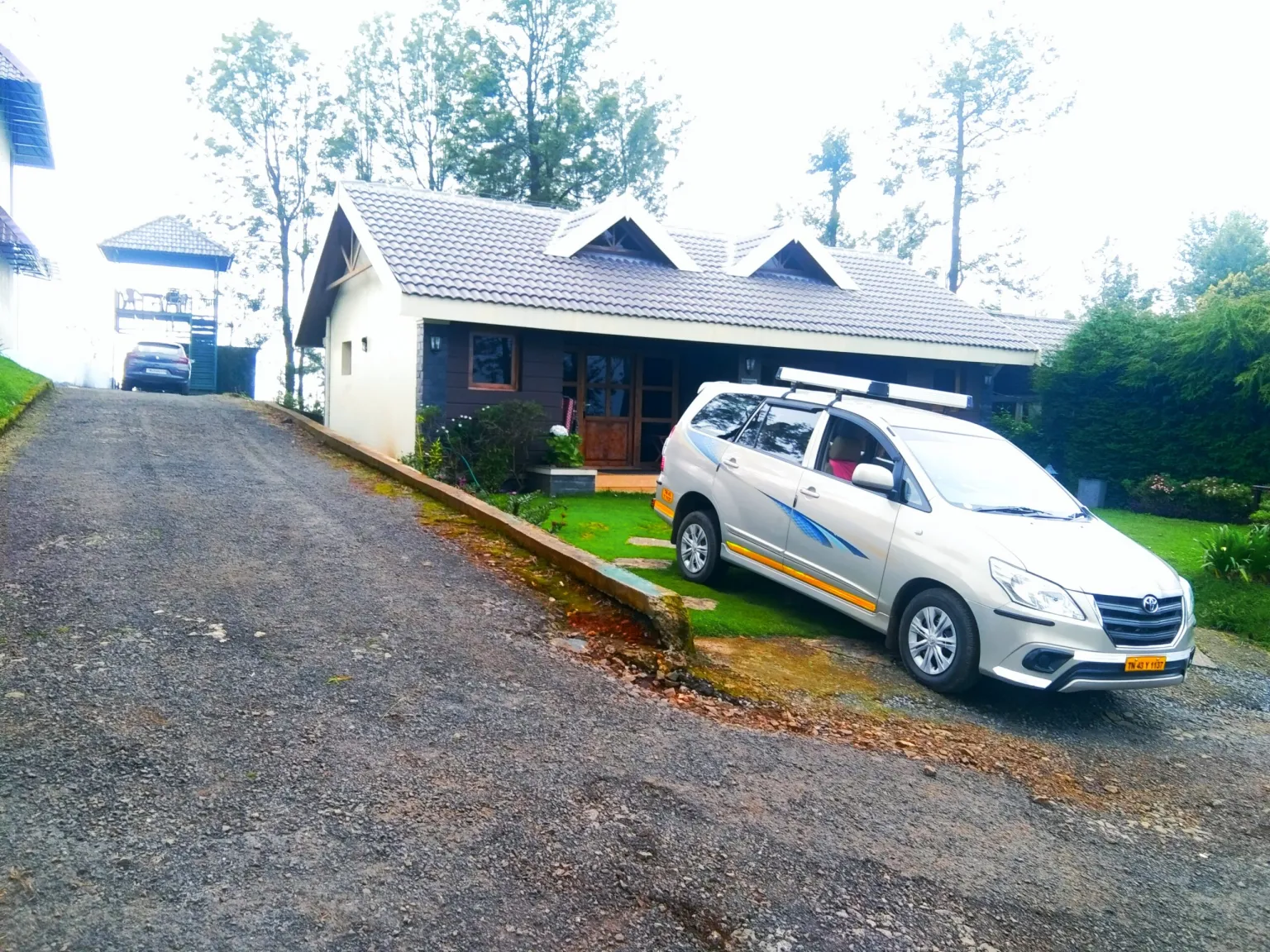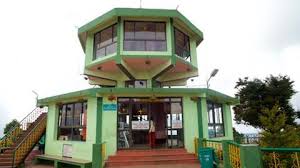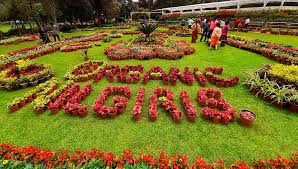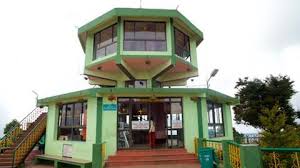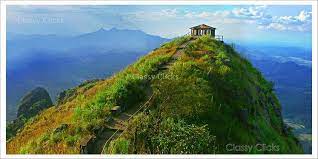Indian Casino – Native American gaming includes casinos, bingo halls, and other gambling activities on Indian sites or other tribal lands in the United States. Because these areas are under tribal sovereignty, states are limited in their ability to ban gambling there, as codified in 1988. In the Gaming Regulation Act of India. 460 gambling activities conducted by 240 tribes in 2011;
In the early 1970s, Russell and Hale Bryan, a married Chippewa couple living in a mobile home on Indian lands in northern Minnesota, received a property tax bill from their local county, Itasca County.
Indian Casino

The Bryans have never received a property tax bill from the county. Unwilling to pay it, they sent notice of the fee to local legal aid attorneys at Leech Lake Legal Services, who filed suit to challenge the fee in state court. The Bryans lost their case in state district court and lost again on appeal in a unanimous decision by the Minnesota Supreme Court. They appealed to the US Supreme Court. The Supreme Court granted review, and in a comprehensive and unanimous decision authored by Justice Brannan, the Supreme Court ruled that states not only had no power to tax Natives on reservations, but also no power to regulate Native activities. in their territories. Reservations.
Alabama Indian Casinos Are On Federal Land, Interior Department Says
Impressive tribes and tribes have started Indian bingo activities in various parts of the United States.
Under the leadership of Howard Toomey, the Seminole Tribe of Florida built a large high-stakes bingo facility on their reservation near Fort Lauderdale, Florida. The tribe plans to open the bingo hall six days a week, which is against Florida state law that allows bingo halls to operate only two days a week, as well as exceeding the $100 maximum win limit.
The law was enforced outside the limits of charity bingo set by the Catholic Church. The sheriff of Broward County, where the Native reservation is located, arrested the bingo hall the minute it opened, and the tribe sued the county (Seminole Tribe v. Butterworth), claiming that Native tribes had sovereign rights protected by the federal government from the state. interference. Citing Chief Justice John Marshall in Worcester v. Georgia, the district court ruled in favor of the natives.
Controversy arose after local residents began building private casinos, bingo rooms and lotteries on reservations, and gambling prizes exceeded the state’s maximum limit. Natives argued for sovereignty over their reservations to protect them from state laws such as Public Act 280, which gave states criminal jurisdiction over Native reservations.
The Strange Case Of The Casino, The Senate Leader And The Defense Bill
States fear that local residents would have a significant competitive advantage over other regulated state gambling enterprises, which would generate huge revenues for tribes.
In the late 1970s and into the next decade, the delicate question of the legality and immunity of tribal gambling arose before the Supreme Court from state law.
In 1970, the Court’s Organized Crime Control Act addressed the potential for organized crime-related gambling.

A March 18, 1992 Justice Department report to the State Committee on Indian Affairs found that years of FBI investigations had failed to penetrate local gambling and that there was no connection between organized crime in the home country. Gambling and organized crime.
Report: California’s Indian Casinos Draw In $7 Billion In 2013
The Supreme Court’s ruling, released on July 9, 2020, expanded tribal jurisdiction over the Muskogee (Creek) Nation in Oklahoma, and gave Native Americans more authority to regulate casino gambling.
In the early 1960s, the Cabazon Band of Mission Indians near Indio, California was very poor and did not have as much land as in the 1900s. In the 1950s, state representatives boycotted the treaties.
According to Stuart Banner, the Cabazon Band and the adjoining Morongo Reservation “had a few HUD buildings and a few trailers, but that was about it.
There really isn’t anything there. People didn’t have much.” In the 1980s the Cabazon band took up gambling operations, opening bingo and poker rooms. Soon after, Indian police and the Riverside County Sheriff closed down the casinos and arrested many local residents, while confiscating money and property held by the tribe. Seminole in Florida The Cabazon Band sued in federal court (California v. Cabazon Band) and won, as did the tribe.
Indian Casino Usa Building Hi Res Stock Photography And Images
Although the tribe won in lower courts, the Supreme Court reviewed the case in 1986 to decide whether state law restricted the reservation. The court again ruled that only Congress and the federal government, not state governments, should regulate local gaming; Maintaining tribal sovereignty made the benefits of gambling available to many tribes.
In 1988 Congress enacted the Indian Gaming Regulatory Act (IGRA) (signed by President Ronald Reagan), which retained tribal sovereignty to develop casino-like venues, but required states and localities to enter into tribal-state compacts, and the federal government had regulatory authority. Gambling.
These pockets were used by state officials to confiscate the Native Casino Revue, a “special” tax on Native reservations. In essence, tribes still have “exclusive rights” to all forms of gambling, except where states do not recognize the class or conflict with federal law.

These court cases made Class III domestic gaming a major issue for states and the federal government as Congress debated domestic gaming legislation known as the Indian Gaming Regulatory Act.
List Of Casinos In Oklahoma
After President Reagan signed IGRA, the native game grew from $100 million in value. USD in 1988 to USD 16.7 billion in 2006
After IGRA in 1988 the National Gaming Commission of India was established as the federal agency to regulate high-stakes domestic gaming.
The commission consists of three members: a chairman appointed by the President of the United States and two associate members appointed by the Secretary of the Interior, along with a state chairman.
Each member serves a three-year term and must pass a thorough background check by the U.S. Attorney General.
Indian Head Casino Extends Closure
The NIGC withholds certain authorizations for Class II and III games. This includes budget approval, civil penalties, fees, orders and standing orders. The NIGC continues to monitor Class II gaming on Native lands through surveys, investigations, access to records, and agreements.
For Class III gaming, all contracts must be approved by the NIGC Chair. 200 of the 562 federally recognized tribes have developed Class III gambling in large casinos and large jackpots.
This growth in gaming has brought not only high ratings but also corruption. In January 2006. A court case involving lobbyists convicted of crimes such as conspiracy, fraud and tax evasion. This became known as the Jack Abramoff India lobbying scandal. These lobbyists, Jack Abramoff, Ralph Reed, Grover Norquist and Michael Scanlon, bribed members of Congress to lobby for local casinos. It generated about $90 million in taxes from local residents.

In 2006 Congress passed legislation to protect its gambling interests from tribes off reservations.
Native American Casino In San Felipe Pueblo, North Of Albuquerque, New Mexico, Usa Stock Photo
Additionally, the Bureau of Indian Affairs (BIA) is under increasing pressure to enforce stricter regulatory policies and oversee gambling permits. Specifically, Congress directed the BIA to implement new procedures after two decades of IGRA existence. These procedures will allow local communities to have a greater say in the allocation of casinos in their communities and make the casino permitting process more transparent. But for many tribes, the proposed rules further encroach on tribal sovereignty.
American Indian tribes have experienced massive political, economic and social changes since 1988. Gaming Regulation Act of India. Non-Native Americans began their own policies, forcing Native Americans onto small reservations. Casinos and bingo halls provide housing, medical, social services, education, and many other resources to Native American tribes.
The money from gambling encouraged Native Americans. However, Native Americans had their preferences compromised by regulations imposed by the federal government. The first imperative is that the government must approve any form of gambling that is conducted. The second rule is that the state and reservations must agree on where to build each casino. A third provision requires tribes to develop gaming ordinances approved by the chairman of the National Indian Gaming Commission.
The Puyallup Tribal Casino was developed by the tribe. Revenue from the Emerald Q Casino allowed the tribe to preserve its culture.
Reviews For Cottonwood At Indian Head Casino, Oregon
Gambling has both positive and negative effects on Native Americans. Indian gambling undermines Indian sovereignty and has destroyed tribal cultures and traditional values and increased domestic violence.
Indian gaming provides employment opportunities for thousands of Native and non-Native Americans. Casinos and bingo halls make billions of dollars, helping American Indian sovereignty.
Statistics provided by the National Indian Gaming Commission (NIGC) show that there are 460 local gambling establishments in the United States.

These casinos are operated by 240 federally recognized tribes and offer Class I, II and III gaming. Games are divided into 3 classes
Indian Casino Proposed In Mettler Wins Final Approval
Indian casino near me, spokane indian casino, indian reservation casino, pechanga indian casino, miccosukee indian casino, closest indian casino, indian casino hotel, indian casino bus trips, san manuel indian casino, santa barbara indian casino, indian river casino, indian wells casino hotel

